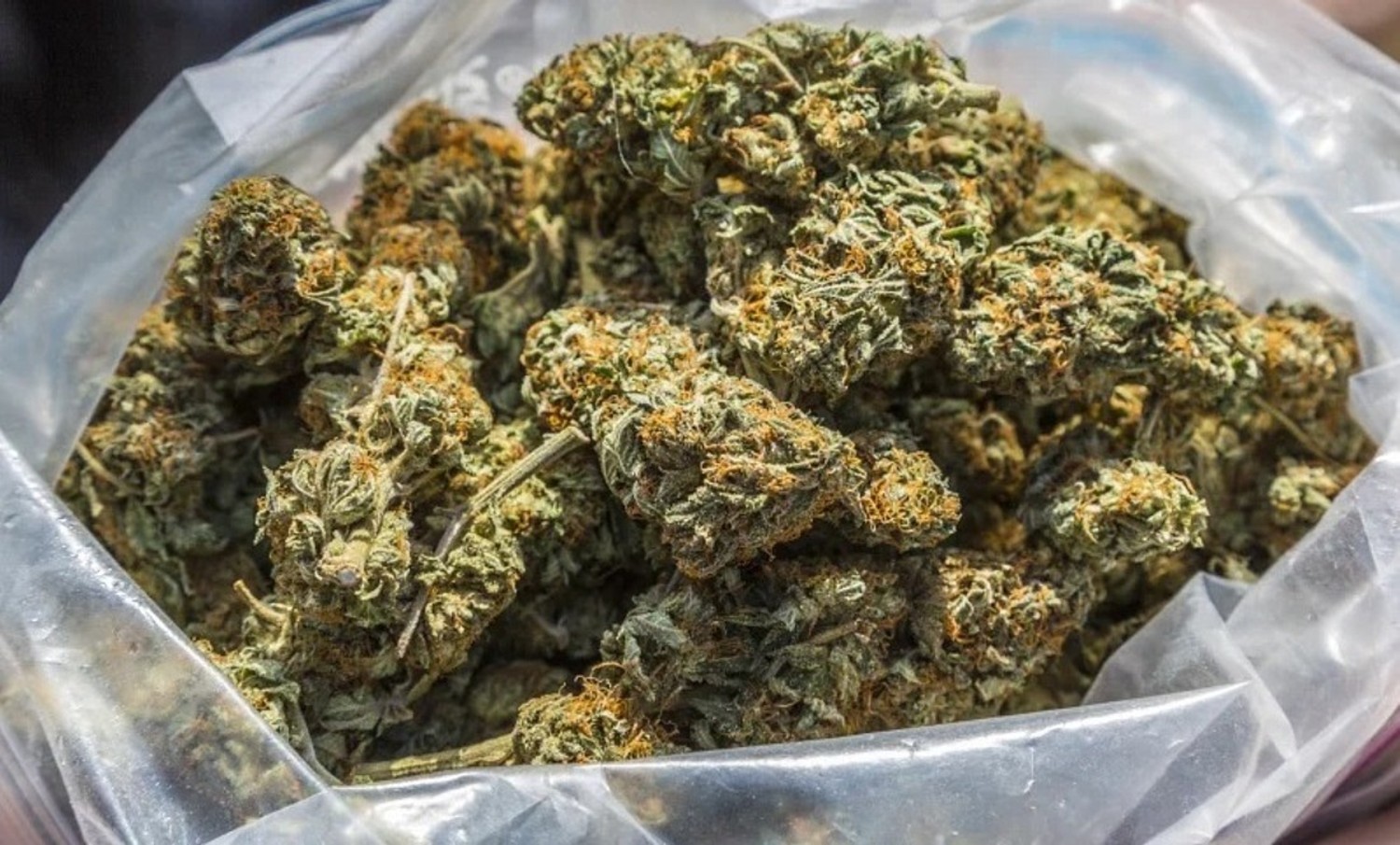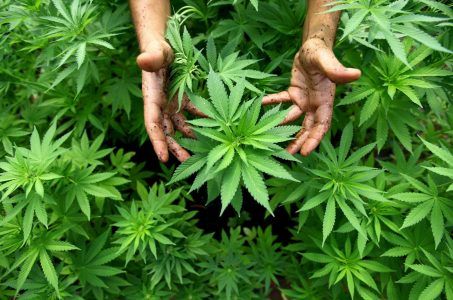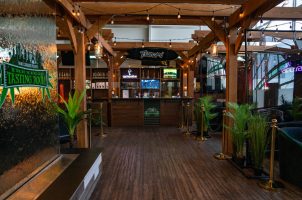Nevada’s Strict Cannabis Classification Ruled Unconstitutional
Posted on: September 15, 2022, 12:39h.
Last updated on: September 15, 2022, 04:21h.
A district judge ruled Wednesday that the Nevada Board of Pharmacy’s classification of cannabis as a Schedule 1 drug is unconstitutional. This ruling will prevent future prosecution for cannabis-related crimes under laws that only apply to Schedule 1 drugs, but don’t specifically reference cannabis. It also sets a possible stage for overturning previous cannabis-related convictions in the future.

The ruling decided a lawsuit filed against the board by the American Civil Liberties Union of Nevada (ACLU). They acted on behalf of Antoine Poole, a Nevada resident convicted of a Class E felony for marijuana possession in 2017 after Nevada legalized recreational cannabis use. The other plaintiff was the Cannabis Equity and Inclusion Community, a Nevada nonprofit that helps reduce the barriers to licensure and employment in the marijuana industry.
Despite Nevada voters successfully amending the state constitution in 2000 to legalize medical marijuana, it has still been considered a Schedule 1 drug under Nevada law. This classification is reserved for drugs, such as heroin and methamphetamine, with a high potential for abuse and/or no accepted medical use.
In his ruling, District Judge Joe Hardy Jr. agreed with the ACLU’s argument that cannabis has an accepted medical use and ordered the Board of Pharmacy to remove it from its list of Schedule 1 drugs.
“The constitutional right to use marijuana upon the advice of a physician does establish that marijuana has an accepted medical use and treatment in the United States,” Hardy said.
The ACLU argued, and Hardy agreed, that police have continued to make cannabis-related arrests because of the drug’s improper classification, which conflicted with the constitutional protections afforded medical marijuana patients.
Hardy specifically stated that this ruling does not apply to overturning previous cannabis convictions. That’s because the ACLU’s lawsuit did not address the topic. However, the ruling sets the stage for future lawsuits that address it.
US Government Out of Step
Under Section 812 of Title 21 of the US Code, cannabis is still considered a Schedule 1 drug. This is why you can still be arrested for taking it with you on an airplane — even when flying between states with legal recreational marijuana — since air travel is federally regulated.
Brett Kandt, an attorney defending the Nevada Board of Pharmacy against the ACLU’s lawsuit, argued that the federal government’s classification of cannabis justified Nevada’s and that a change in the state’s constitution did not suffice to establish cannabis’ medical value. Hardy didn’t agree — nor did he agree with the board’s motion to dismiss the lawsuit in July.
Cannabis Lounges Finally Coming
Also, on Wednesday, cannabis regulators announced that beginning Oct. 14, they will begin accepting applications from businesses seeking to host cannabis lounges. The Nevada legislature legalized cannabis lounges in 2019. However, the first lounges had to wait until regulations for them were approved by the Nevada Cannabis Compliance Board. That didn’t happen until June 2022.
Although adults in Nevada can legally purchase cannabis, it is only legal to consume in a private residence or a cannabis lounge. The problem is that only one cannabis lounge operates legally near Las Vegas. The Vegas Tasting Room at NuWu Cannabis Marketplace opened in a dispensary five miles north of The Strip in 2019. It only operates legally due to a regulatory loophole permitting cannabis lounges on tribal land.
More cannabis lounges, which should be a boon for the state’s tourism industry, are expected to open before 2023. Business owners have until Oct. 27 at 5 p.m. to apply online for a license.
Related News Articles
Nevada Cannabis Sales Slightly Off High, But Still About $1B Yearly
Las Vegas City Council Tables Cannabis Lounge Vote to Mull Changes
Most Popular
Mirage Las Vegas Demolition to Start Next Week, Atrium a Goner
Where All the Mirage Relics Will Go
Most Commented
-
Bally’s Facing Five Months of Daily Demolition for Chicago Casino
— June 18, 2024 — 12 Comments
















No comments yet